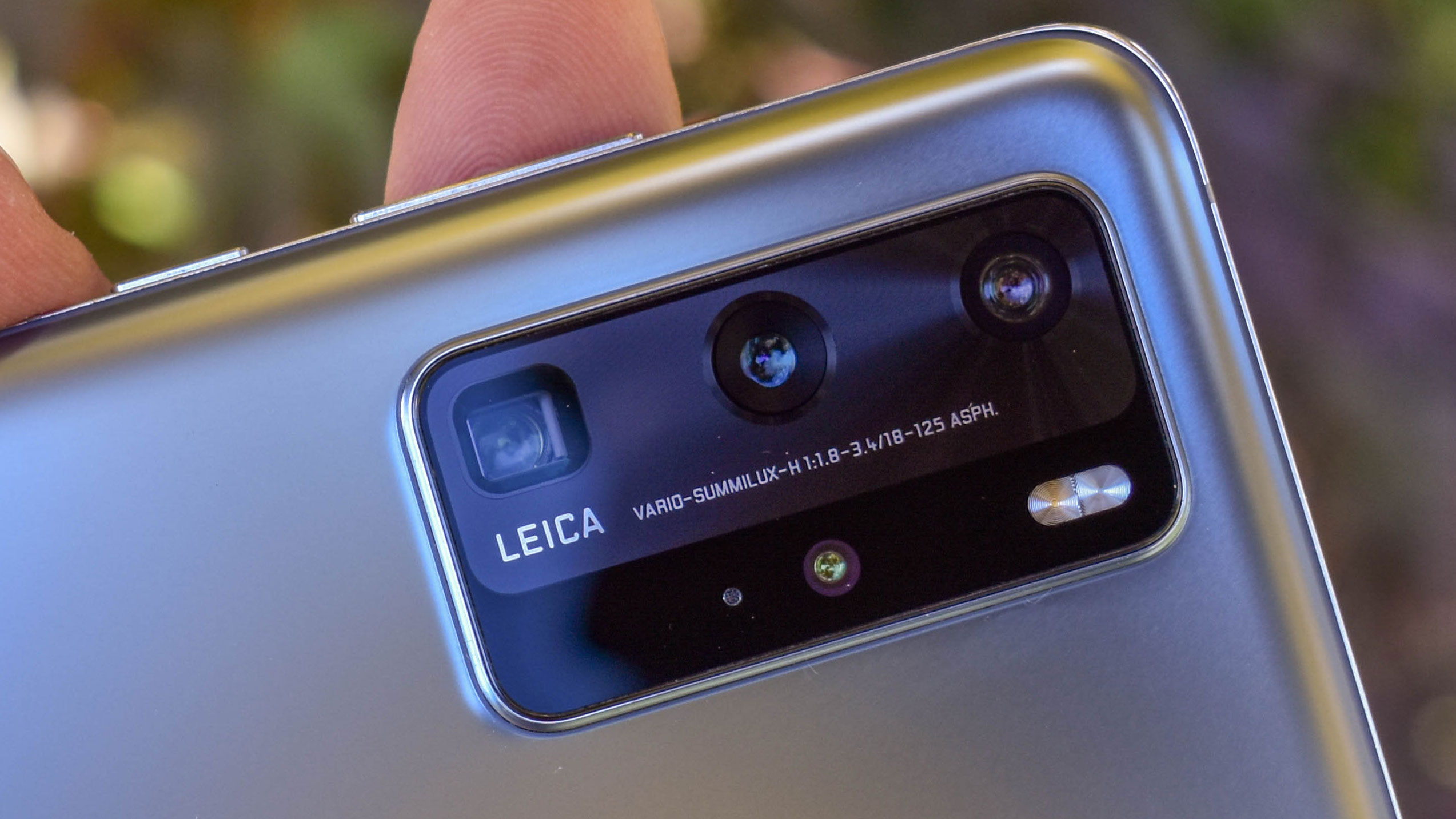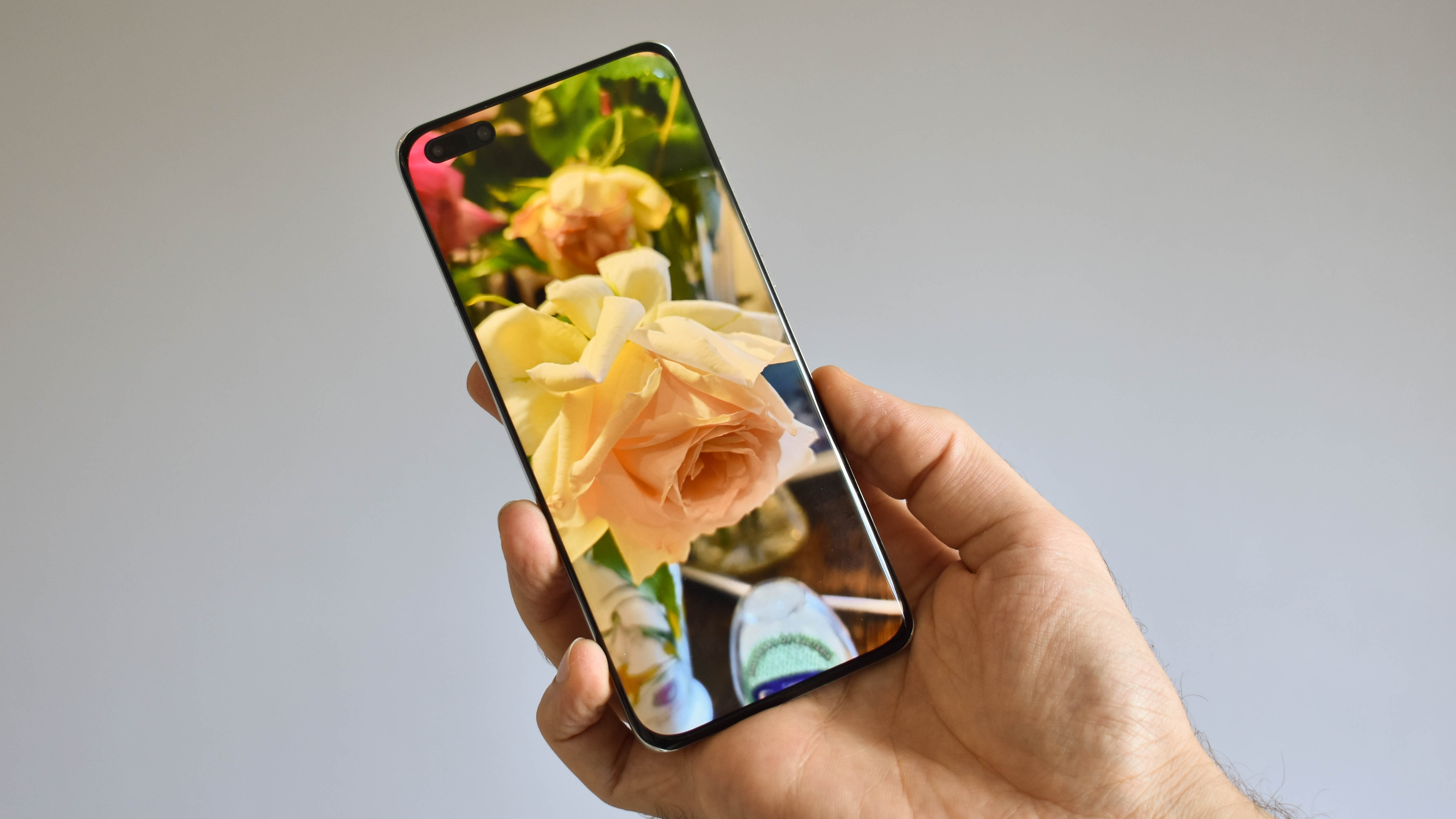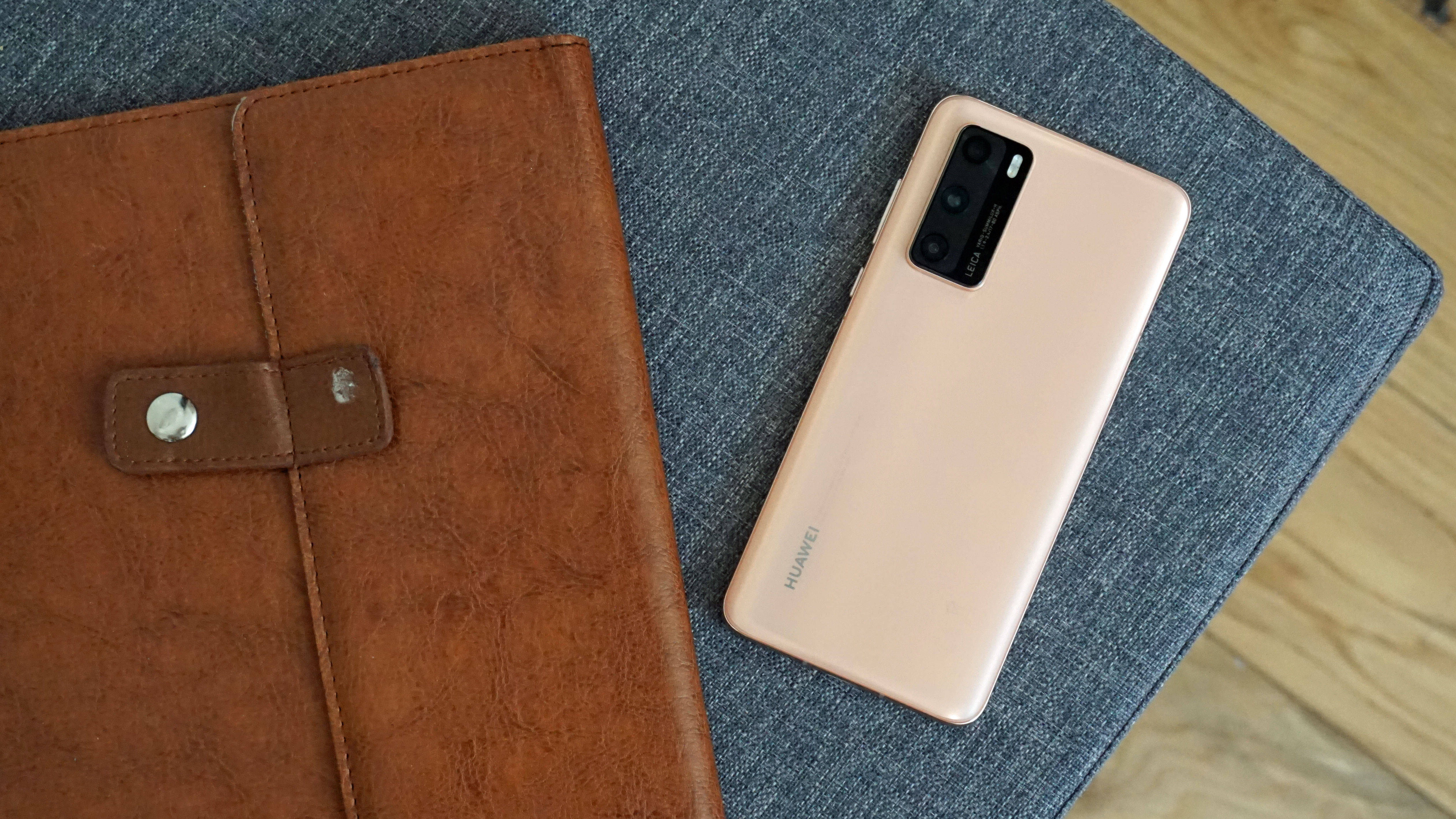The Huawei P40 and its siblings (the Huawei P40 Pro and Huawei P40 Pro Plus) are in some ways among the best phones of 2020 – they have superb cameras, plenty of power, and excellent battery lives. But they’re all significantly held back when it comes to software, as they don’t have access to Google Mobile Services.
Unfortunately, that software issue is one that probably won’t be solved for the Huawei P50 range, but it might at least be improved. It’s one of a number of things we’re wishing for from the P50 range to make the upcoming phones even better than the Huawei P40.
You’ll find our full wish list for the range further down, but before that you’ll find information on the possible release date and price, along with rumored specs and features. We haven’t heard much yet, but we’ll be adding to this article as rumors roll in, so make sure to check back often.
Cut to the chase
- What is it? The successor to the flagship Huawei P40
- When is it out? Probably late March
- What will it cost? Likely upwards of £699 / AU$1,099 (around $900)
Huawei P50 release date and price
There’s no news on when the Huawei P50 will be announced but we can take a very good guess, as both the Huawei P40 and Huawei P30 were announced on March 26 of their respective years, so March 26 of next year seems very likely.
Admittedly, the Huawei P20 was announced on March 27, but around that time of year is almost certainly when we’ll see the P50 range. We’d expect the phones to then ship within two weeks of that date, if not sooner, based on past form, so you should be able to have the Huawei P50 in your hands by early April.
As for the price, that again is unknown at the time of writing, but the Huawei P40 launched for £699 / AU$1,099 (around $900), so the Huawei P50’s price might be similar.
Of course, that’s just the base model. The Huawei P40 Pro cost £899 / AU$1,599 (around $1,100) and the P40 Pro Plus was £1,299 (roughly $1,570 / AU$2,500), so expect prices to rise steeply for the Huawei P50 Pro and Huawei P50 Pro Plus. And as with the P40 range, these phones almost certainly won’t land in the US.
News and rumors
At the time of writing we haven’t really heard anything about the Huawei P50 yet, but based on past form it’s almost certainly going to use the same chipset as the Huawei Mate 40, which itself is rumored to have a new top-end chipset from the company dubbed either the Kirin 1000 or Kirin 1020.
This is rumored to be the company’s first 5nm chipset, a move which should lead to an improvement in performance, as you’d expect.

The Mate 40 is also rumored to have a ‘freeform’ camera design, which could reduce distortion in wide-angle shots. If it does have this then we wouldn’t be surprised if the P50 does too.
Beyond that we can also say that unless things change in Huawei’s relationship with the US, the Huawei P50 won’t have access to Google apps and services.
What we want to see
We don’t know much about the Huawei P50 yet but we do know what we want from it. The following things top our list.
1. Google Mobile Services
However good Huawei’s hardware is, its software is always likely to be lacking unless, or until, it regains access to Google Mobile Services (and therefore the Google Play Store and Google’s apps). This is out of Huawei’s hands, and we’re not optimistic that it will happen in time for the Huawei P50’s launch, but it’s our biggest hope for the phone.
And if that’s not realistic, then we’d at least like to see some big improvements to Huawei’s alternative app store. Currently it’s severely lacking compared to Google Play, and is even missing a number of big name apps, so we’d like to see Huawei make a real push to get more developers on board.
2. A 120Hz refresh rate on all models

While some phones – such as the OnePlus 8 Pro and Samsung Galaxy S20 – have 120Hz refresh rates, the most any handset in the Huawei P40 range manages is 90Hz, and the base P40 has just a 60Hz refresh rate, which feels distinctly lacking for a high-end handset.
So for the Huawei P50 range we want the company to push the refresh rate up to at least 120Hz, and we want to see that offered across the range. If it can manage an even higher refresh rate then all the better.
3. A sharper screen
The Huawei P40 has just a FHD+ 1080 x 2340 screen, and while the Huawei P40 Pro and Pro Plus better it with 1200 x 2640 screens, that’s still not hitting the QHD+ level found on phones like the 1440 x 3200 Samsung Galaxy S20.
Given that these are high-end and in some case top-end handsets, we’d expect a competitive resolution, so we’d like to see that improved for the Huawei P50 range.
There’s no need to go overboard – at a certain point extra pixels won’t do much unless your eyes are pressed up against the screen, but matching Samsung here would be a good start. And given that even the basic Galaxy S20 has a high resolution, we’d like even the basic P50 to do so as well.
4. Proper water resistance on the base P50

With the P40 range, Huawei has limited decent water resistance to the P40 Pro and Pro Plus. They’re both IP68 certified, which is in line with the likes of the iPhone 11 and Samsung Galaxy Note 20 Ultra, and means they can withstand submersion in water. The standard Huawei P40 though has just an IP53 rating, which means it should be able to survive a splash, but not much more.
For the Huawei P50 range we want IP68 certification offered across the range, and if Huawei wants its pricier models to stand out, then how about even better water resistance for them? There aren’t many phones that you can safely take diving for instance, so maybe the Huawei P50 Pro could stand out in that way.
5. Wireless charging on all models
Wireless charging is becoming ever more common, but while it’s offered by the Huawei P40 Pro and Huawei P40 Pro Plus, you won’t find it on the standard Huawei P40.
So with it becoming more common among high-end handsets, we’d like the standard Huawei P50 to offer it, as by the time that phone launches it will surely seem a major omission if it’s not present.
- We're also expecting the Samsung Galaxy S30 in early 2021
Comments
Post a Comment